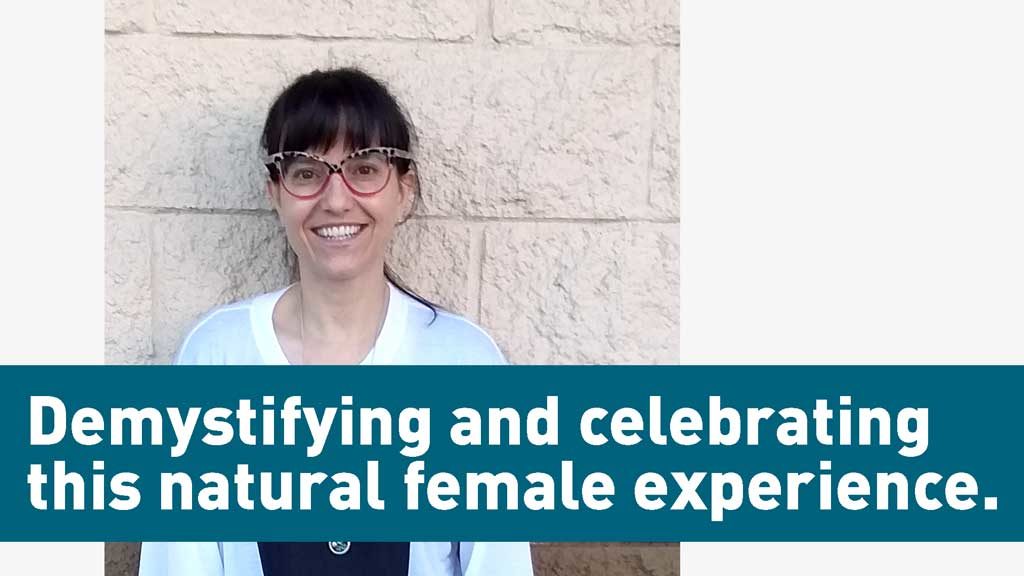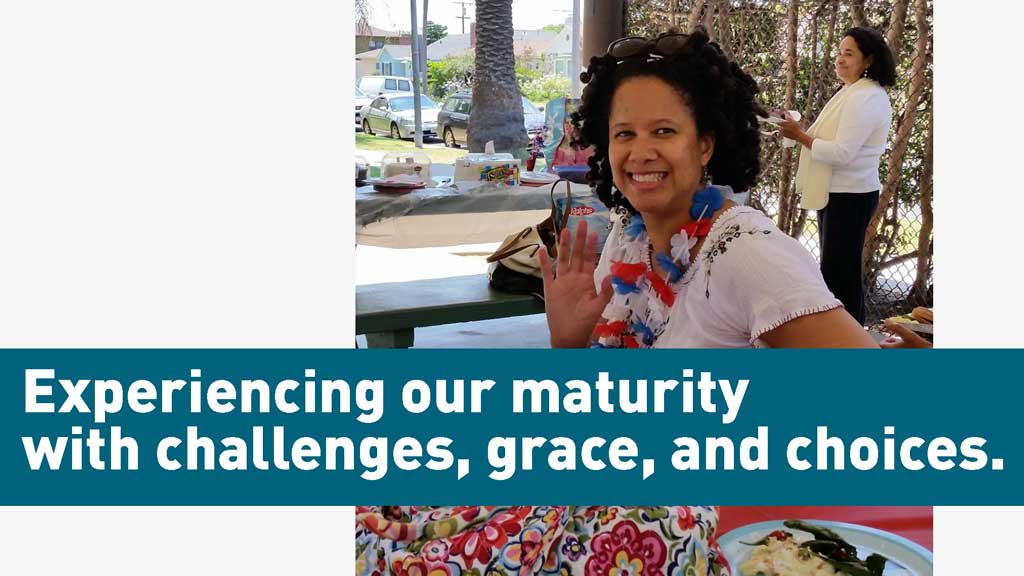Home
The Museum of Feminine Hygiene
Exploring the Customs,
Rituals and Superstitions
of Womanhood
Mission Statement
This museum is dedicated to value and encourage women to embrace this human female universal monthly biological experience that impacts our maturity with challenges, grace, and choices.
It is a venue for all dedicated for the purpose of demystifying and celebrating this natural female experience.

Why we feel this museum is important
Over half of the world is female (51%). Of those who reach puberty, 98% of them menstruate (discharge blood and other material from the lining of the uterus as part of the menstrual cycle).
Methods of information sharing will include:
- Oral histories
- A research library that will include articles, publications and books about menstruation
- Samples of products available that explain and exploit the experience
- What marketing, advertising and educational tools exist and how they influence choices
- A gift shop/bookstore and cafe
Without menstrual bleeding there would be no births, no motherhood, no children.
This museum is an educational institution, which celebrates womanhood and the process of becoming a woman. It serves to provide education about “periods” (menstruation), cultural traditions connected with the process, products used before during and after menstruation and the customs, rituals and superstitions throughout the world.
This museum is dedicated to:
- Providing biological information
- Providing historical context
- Identifying diverse practices within the USA
- Giving examples of the varied practices of cultures around the world
- Providing information about efforts being made to improve women’s lives relative to menstruation
- Using this knowledge to assist with systemic changes in governmental support via providing appropriate sanitary conditions, supplies, information
- Identifying specific populations usually overlooked such as incarcerated women, refugees, the homeless and those in foster care
- Promoting and celebrating menstruation for the gift it allows: good health and the ongoing procreation of human life

Museum Overview
Too many people perceive menstrual bleeding as dirty or shameful. In many cultures, women are segregated from others when they bleed. This happens to women in parts of India, Brahmin Hindu women, Nepal and other places. The native tribe, the Yurok women of northwestern California, are separated. Some women have to sleep isolated in huts at night sometimes becoming victim to asphyxiation or wild animals.
The Qur’an and the Old Testament have specific instructions for menstrual bleeding. While many young women in rural locations aren’t segregated, they are often traumatized or embarrassed while they bleed due to lack of products, teasing and having to share bathrooms with male students at school. This often leads to their missing school.
Some countries have a Ministry of Gender addressing menstrual issues. Some countries have access to reusable sanitary supplies. Some have access but no clean water to use for that purpose. Many women, in America and throughout the world, not just Third World countries, cannot afford sanitary supplies. We call this Period Poverty.
What about homeless women who bleed? Incarcerated women? Many incarcerated women have to pay for their feminine hygiene products. Those in displaced persons camps?
Why must women accept these cultural pronouncements? In the museum, you will be able to see interviews from women and men and how they feel about menstruation and their cultural practices.
Most states tax feminine hygiene products. You will be able to find on a map, those states and cities that do not tax sanitary supplies.
And what about the words we use to describe out periods: “On the rag,” "the Curse," “Aunt Flo is in town,” “Checking into the Red Roof Inn,” “Red Badge of Courage,” “Crimson Tide,” “Code Red,” “Girl flu,” and more. The museum will encourage you to share your euphemism for menstrual bleeding.
Upon availability of space, we will include revolving exhibits of women’s art, topics such as Female Genital Mutilation (FGM), how women athletes or soldiers deal with their periods - ever wonder about the soccer or tennis player, gymnast or horseback rider - foster youth who are moved frequently and don’t often get gynecological care, and other related areas impacting the lives of women.
The Museum will explore this biological phenomenon in an educational, inspiring, informative and entertaining manner!

